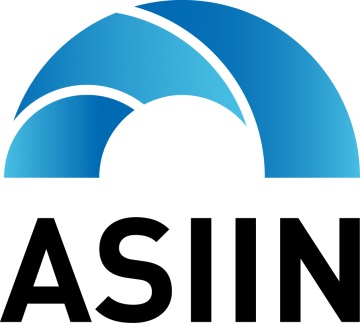 English
English Bahasa Indonesia
Bahasa Indonesia
You are here
Department of Science Education Organizes Workshop on Transformative Science Teacher Profile Development
Primary tabs

Yogyakarta, July 18, 2024 - The Faculty of Mathematics and Natural Sciences at Yogyakarta State University (FMIPA UNY) organized a Workshop on the Development of Transformative Science Teachers' Profiles on Thursday, July 18, 2024, in Meeting Room 3 of FMIPA UNY. This event is part of the "Strengthening Competence of Lecturers and Educational Staff for Preparing International Standards" program, which is a strategic step taken by UNY in response to the dynamics of globalization in science education. The workshop featured three prominent speakers: the Secretary of the Directorate General of Teachers and Educational Personnel, Temu Ismail, S.Pd., M.Si., Prof. Dr. Phill. Ari Widodo, M.Ed. from the Indonesian University of Education, and Prof. Dr. Muktiningsih Nurjayadi, M.Si. from the State University of Jakarta.

In his opening remarks, the Dean of FMIPA UNY emphasized the importance of science education in producing superior human resources capable of competing at the international level. "Science education plays a vital role in creating superior human resources. The Transformative Science Teacher Profile that we formulate here is expected to adapt to the developments in digital technology and be used as a reference in developing the curriculum to prepare future teachers," he said. The event was also attended by the Vice Dean for Research, Cooperation, Information Systems, and Business, as well as the Vice Dean for Planning, Finance, General Affairs, and Resources. The workshop participants consisted of 21 lecturers from the Department of Science Education and 30 science teachers from the MGMP IPA Muhammadiyah of Sleman Regency.

Through this workshop, participants gained new insights into digital technology-based curriculum development, innovative teaching methods, and strategies to enhance science teachers' competencies to be better prepared for global challenges. By holding this workshop, it is hoped that the participants can apply the knowledge gained to improve the quality of science education in their schools and build strong collaborative networks among educators for a better future in education.
Kontak Kami
Program Studi Pendidikan IPA
FMIPA Universitas Negeri Yogyakarta
Kampus Karangmalang Yogyakarta 55281
Email: s1pend_ipa@uny.ac.id
Instagram: @depdikipauny


Copyright © 2026,


